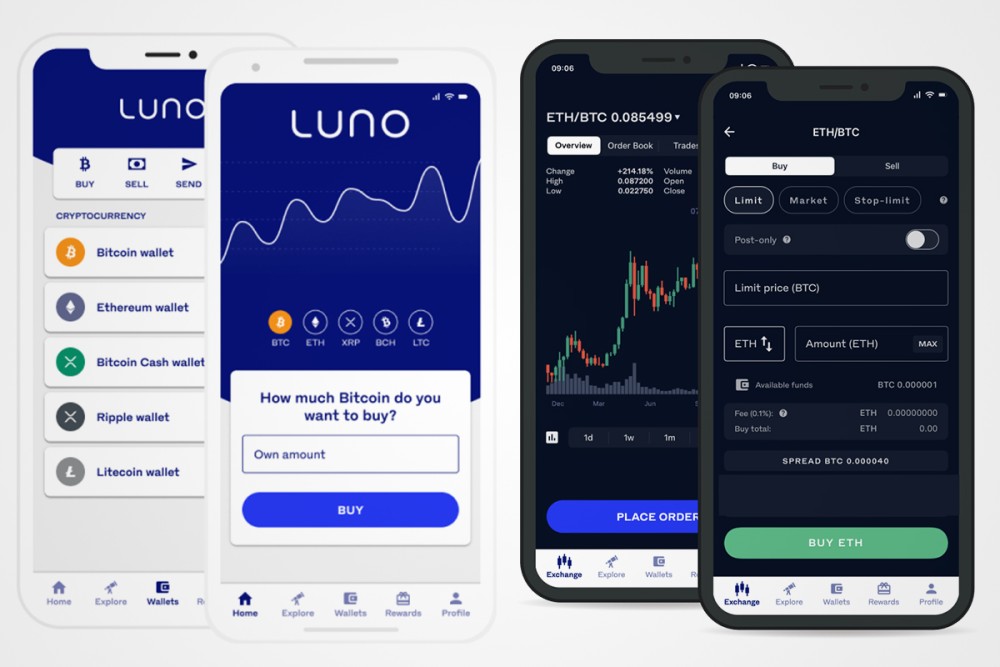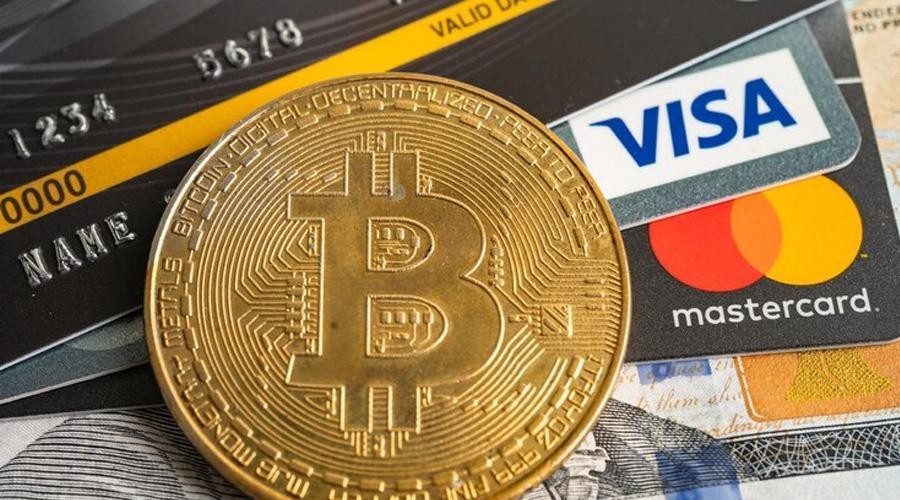Cryptocurrency, a form of digital currency, is steadily gaining interest in Africa. Some economists argue it is a disruptive innovation that will flourish on the continent. Many of Africa’s population lacks access to traditional banking services, and cryptocurrencies could provide a decentralized solution, enabling financial inclusion.
They could also facilitate cheaper and faster remittances, offer a stable store of value in regions with high inflation, and the underlying blockchain technology could be used for various applications like land registries and secure voting systems. Additionally, Africa’s youthful population is generally more open to adopting new technologies, and the success of mobile money services like M-Pesa indicates a readiness for digital financial evolution.
According to Rakesh Sharma, a business and technology journalist, Africa may be set to outpace other markets in cryptocurrency adoption. Citizens of countries battling high inflation are likely to opt for cryptocurrency, as its decentralization offers an alternative to central bank policies.
Countries with double-digit inflation rates, such as South Sudan, Egypt, Ghana, Malawi, Mozambique, Nigeria, Zambia, and Zimbabwe, are among the leading Bitcoin economies in Africa. When Zimbabwe’s inflation skyrocketed in 2015, some Zimbabweans turned to Bitcoin.
Cryptocurrency is not bound by geography; its transactions are stored in a blockchain, a database recorded in real-time by a group of connected computers. Unlike traditional financial systems, cryptocurrency is not regulated by the government and doesn’t require intermediaries. Transactions rely on the internet, which means they can happen anywhere in the world. This brings hope for the continent; however, low internet penetration in most countries hinders this rapid growth.
The GSMA report shows that Tanzania has a significant usage gap. The usage gap refers to the percentage of the population who live in areas covered by a mobile broadband network but do not yet subscribe to a mobile internet service. For example, while 3G mobile network coverage is at 81% of Tanzania’s total population, only 26% of the population are connected or use either 3G or 4G services. The high cost of compatible digital devices is one of the main reasons for the usage gap.
Few Tanzanians own smartphones or devices that are 4G enabled; most users have 2G compatible phones which are cheaper. In addition, low levels of digital awareness and literacy impede the adoption and usage of available digital services, highlighting the need to address barriers to digital adoption. While data plans in Tanzania are competitively priced and relatively low-cost compared to other countries in East Africa, they remain out of reach for most Tanzanians when looking at their cost concerning average earnings or income levels.
Women are disproportionately affected by these high costs as they are more likely to have lower incomes and often lack financial autonomy within the household. According to the 2019 Mobile Gender Gap Report, 77% of women, compared to 86% of men, own a mobile phone in Tanzania. In addition, only 17% of women in Tanzania have mobile internet access compared to 35% of men.
The World Bank and African Development Bank report stated that there are 650 million mobile users in Africa, surpassing the number in the United States or Europe. In some African countries, more people have access to a mobile phone than to clean water, a bank account, or electricity, the agencies add. This means more Africans will have the tools to plug into the cryptocurrency ecosystem.
African governments’ lack of cryptocurrency regulation may be a factor spurring its growth on the continent. Cryptocurrency could be particularly attractive to Africans without access to banks and those living in politically unstable countries. Bitcoin transactions help to eliminate the procedural bottlenecks that plague traditional banking and financial services.
In 2020 alone, 15 cryptocurrency-related operations began in Africa. These include South Africa-based Luno Exchange, established in 2013 and boasting 1.5 million customers in over 40 countries worldwide. Cryptocurrency-based remittance services, such as Abra, GeoPay, BitMari, and Kobocoin, are also emerging in various countries. Some governments are moving into the virtual currency terrain. Tunisia’s dinar is a government-issued digital currency, and Senegal launched CFA.

The risk factor
Despite the potential benefits, cryptocurrency is not without risks. Its value can be volatile, and without regulations, any precipitous crash in price could leave investors with no escape route. There is also the risk of cryptocurrency being used by criminals to funnel funds.
Despite these challenges, many Africans are taking the risk to invest in cryptocurrencies. Mobile money has been a revolution in Africa, and investors across the globe are recognizing its scope. On the back of the formidable success of mobile money in Africa, a race to capture the African crypto market is driven by increased investment interest in cryptocurrencies.
Also, the fast-paced adoption of mobile money in Africa is pushing telecom companies on the continent to improve internet penetration. Africa does seem to be moving in the right direction, as digitalization is also picking up pace on the continent, especially in emerging economies.
With greater internet penetration, cryptocurrencies could possibly have a bright future in the African continent on the back of regulators’ approval and positive public sentiment.
Even though Africans are opening up the ideas of cryptocurrencies, the continent lacks adequate infrastructure. If the adoption of cryptocurrencies were to be fast-tracked in Africa, the government would need to declare its stance regarding cryptocurrencies. As things stand, over 60 percent of the African regulators are yet to clarify their position on cryptocurrencies, given many non-African nations have placed a ban on Bitcoin and other cryptocurrencies.
According to a report titled The State of Crypto in Africa, 20 of the 10,267 Bitcoin nodes worldwide are in Africa. For Ethereum nodes, the number is even smaller, with only 12 of them existing on the continent. Of the existing nodes, a vast majority of them are based in South Africa and are not equally distributed. Bitcoin’s Lightning Network is also immature.
Africa accounts for just 0.24 percent of BTC Lightning nodes, contributing just 0.07 percent of total network capacity, with almost all contributions stemming from South Africa. Also, a report by CoinShares shows that there is zero meaningful Bitcoin mining activity across Africa.
To conclude, countries need to invest in internet penetration for cryptocurrency to boom further in the continent. Africa has an average of 39 percent, compared to a global average of 59 percent. For cryptocurrencies to bellow in African countries, a more significant section of its population needs access to good internet. Only Morocco and Seychelles have good internet penetration at 88 percent and 82 percent, while Tanzania is still struggling.
Explore more economics analysis here.


[…] The new block is then broadcasted to all the nodes on the network, who update their copies of the ledger accordingly. The latest block also becomes the reference for creating the following partnership, forming a chain of blocks that grows over time. This chain represents the history and state of the ledger, which can be traced back to its origin. […]